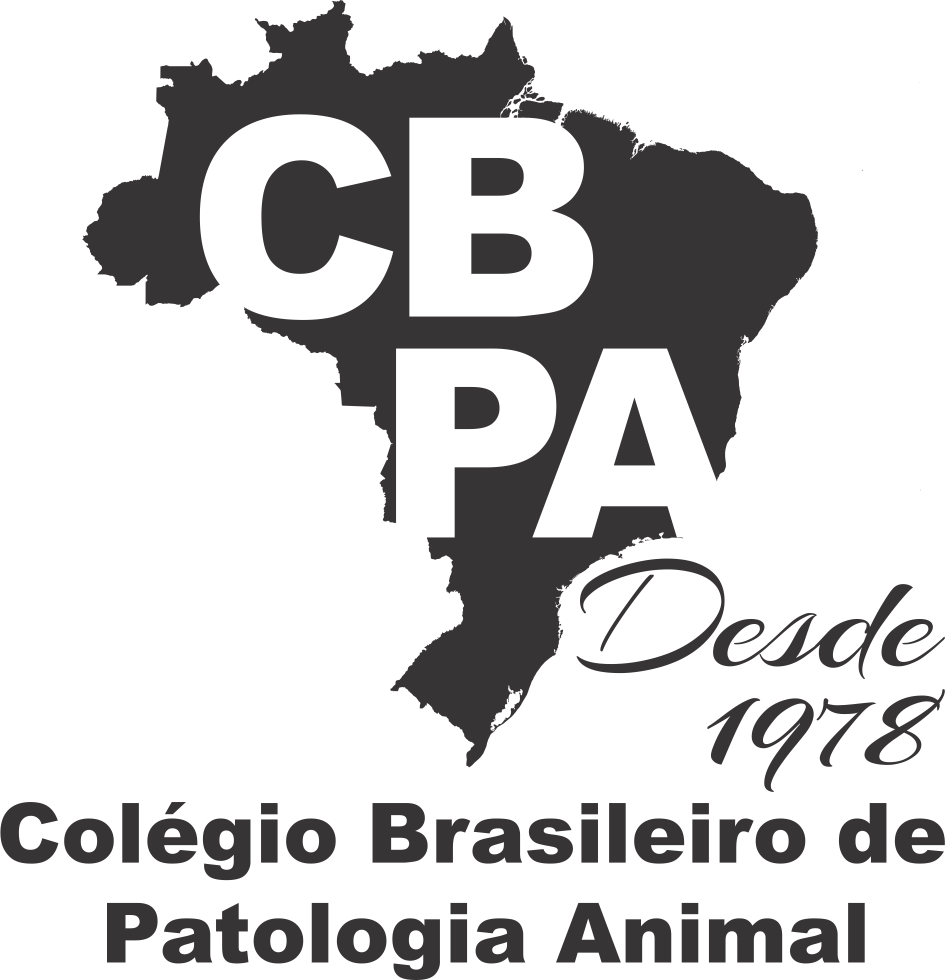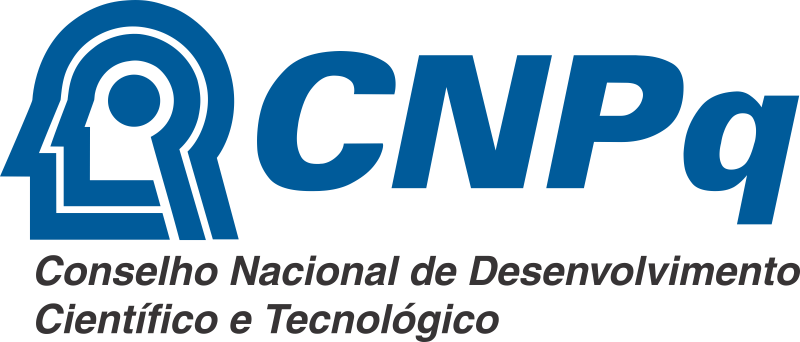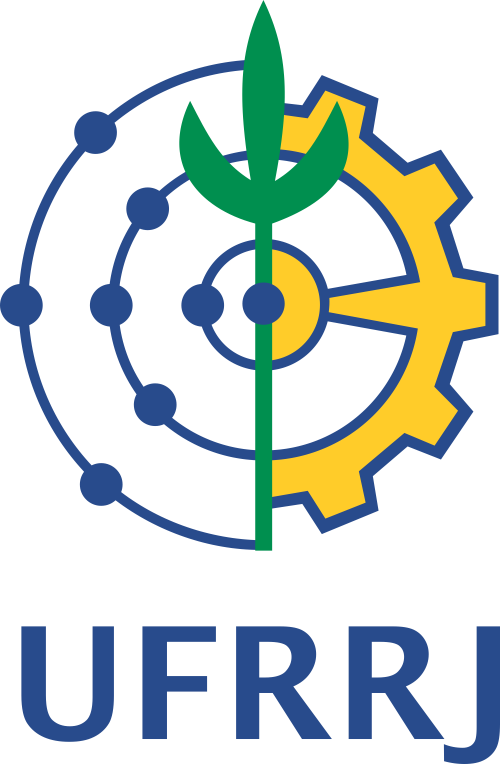Resultado da pesquisa (2)
Termo utilizado na pesquisa coagulase-negativos
#1 - Relationship between virulence factor genes in coagulase-negative Staphylococcus spp. and failure of antimicrobial treatment of subclinical mastitis in sheep
Abstract in English:
Coagulase-negative Staphylococcus spp. (CNS) are the main microorganisms involved in ovine mastitis. Treatment at the end of lactation can contribute towards cure and prevention of subclinical cases during the subsequent lactation. However, virulence factors and resistance mechanisms presented by CNS can decrease cure rates. The aims of the study were to identify the species of CNS in milk of mastitic ewes with and without antimicrobial treatment, and to investigate the presence of genes relating to resistance of β-lactam antimicrobials, formation of biofilms, production of enterotoxins and production of the toxic shock syndrome toxin. Cases of failure in the treatment were related with the presence/absence of the respective genes. Sixty sheep were divided into three groups: G1, without treatment; G2, animals treated via the intramammary route with 100mg of cloxacillin during drying off; and G3, sheep treated via the intramammary route with 50 mg of nanoparticulate cloxacillin. Milk samples were gathered during drying off and 15 and 30 days after the parturition of the subsequent lactation. The analyses to identify the species of CNS were carried out by means of the internal transcribe spacer technique and the investigation of the genes responsible for the virulence factors and resistance to oxacillin was performed using the polymerase chain reaction (PCR) technique. No sample was positive for the mecA gene. The only gene relating to production of enterotoxins was sec. Among the genes relating to production of biofilm, icaD was the only one identified in the three experimental groups. Staphylococcus warneri was the main species of CNS isolated during the pre and post-partum periods of the sheep. The species carrying genes relating to production of enterotoxins and biofilms were present in uncured sheep.
Abstract in Portuguese:
Staphylococus spp. coagulase-negativos (SCN) estão entre os principais micro-organismos envolvidos na mastite ovina. O tratamento ao final da lactação pode contribuir com a cura e a prevenção de casos subclínicos durante a lactação seguinte. Todavia, fatores de virulência e mecanismos de resistência apresentados por SCN podem reduzir as taxas de cura. Os objetivos desse estudo foram identificar as espécies de SCN no leite de ovelhas com mastite com e sem tratamento antimicrobiano e investigar a presença de genes relacionados com resistência a antibióticos beta lactâmicos, formação de biofilmes, produção de enterotoxinas e produção da toxina da síndrome do choque tóxico. Casos de falhas no tratamento foram relacionados com a presença/ausência dos respectivos genes. Sessenta ovelhas foram divididas em três grupos: G1, sem tratamento; G2, animais tratados via intramamária com 100mg de cloxacilina antes da secagem; e G3, ovelhas tratadas via intramamária com 50 mg de cloxacilina nanoparticulada. Amostras de leite foram obtidas durante a secagem e 15 e 30 dias depois do parto na lactação seguinte. As análises para identificar as espécies de SCN foram conduzidas por meio da técnica de Internal transcribe spacer e a investigação dos genes responsáveis pelos fatores de virulência e resistência à oxacilina foi realizada usando a técnica reação em cadeia da polimerase. Nenhuma amostra foi positiva para o gene mecA. O único gene relacionado com a produção de enterotoxinas foi o sec. Dentre os genes relacionados com a produção de biofilme, icaD foi o único identificado nos três grupos experimentais. Staphylococcus warneri foi a principal espécie de SCN isolada durante o pré e pós-parto. As espécies que apresentaram genes relacionados com a produção de enterotoxinas e biofilmes estavam presentes nas ovelhas não curadas.
#2 - Antimicrobial resistance and detection of mec and blaZ genes in coagulase-negative Staphylococcus isolated from bovine mastitis, 32(8):692-696
Abstract in English:
ABSTRACT.- Soares L.C., Pereira I.A., Pribul B.R., Oliva M.S., Coelho S.M.O. & Souza M.M.S. 2012. Antimicrobial resistance and detection of mec and blaZ genes in coagulase-negative Staphylococcus isolated from bovine mastitis. Pesquisa Veterinária Brasileira 32(8):692-696. Departamento de Microbiologia Veterinária, Instituto de Veterinária, Universidade Federal Rural do Rio de Janeiro, BR 465 Km 7, Seropédica, RJ 23890-000, Brazil. E-mail: miliane@ufrrj.br
The present study evaluated the pheno- and genotypical antimicrobial resistance profile of coagulase-negative Staphylococcus (CNS) species isolated from dairy cows milk, specially concerning to oxacillin. Of 100 CNS isolates, the S. xylosus was the prevalent species, followed by S. cohnii, S. hominis, S. capitis and S. haemolyticus. Only 6% were phenotypically susceptible to the antimicrobial agents tested in disk diffusion assay. Penicillin and ampicillin resistance rates were significantly higher than others antimicrobials. Four isolates were positive to mecA gene (4%), all represented by the S. xylosus species. The blaZ gene was detected in 16% of the isolates (16/100). It was noticed that all mecA + were also positive to this gene and the presence of both genes was correlated to phenotypic beta-lactamic resistance. We conclude that CNS species from bovine milk presented significantly distinct antimicrobial resistance profiles, evaluated by phenotypic and genotypic tests, which has implications for treatment and management decisions.
Abstract in Portuguese:
RESUMO.- Soares L.C., Pereira I.A., Pribul B.R., Oliva M.S., Coelho S.M.O. & Souza M.M.S. 2012. Antimicrobial resistance and detection of mec and blaZ genes in coagulase-negative Staphylococcus isolated from bovine mastitis. Pesquisa Veterinária Brasileira 32(8):692-696. Departamento de Microbiologia Veterinária, Instituto de Veterinária, Universidade Federal Rural do Rio de Janeiro, BR 465 Km 7, Seropédica, RJ 23890-000, Brazil. E-mail: miliane@ufrrj.br
O presente estudo avaliou o perfil fenogenotípico de resistência aos antimicrobianos em espécies de Staphylococcus coagulase-negativo (ECN) isoladas do leite de vacas com mastite, em especial considerando a oxacilina. Dos 100 isolados de ECN, S.xylosus foi a espécie predominante, seguida por S. cohnii, S. hominis, S. capitis and S. haemolyticus Apenas 6% dos isolados foram fenotipicamente suscetíveis aos agentes antimicrobianos testados no ensaio de difusão em disco. O percentual de resistência à penicilina e ampicilina foi significativamente maior que aos outros antimicrobianos. Quatro isolados foram positivos para o gene mecA (4%), sendo todos representados pela espécie S.xylosus. O gene blaZ foi detectado em 16% dos isolados (16/100), sendo todos mecA positivos e a presença de ambos os genes foi correlacionada com a resistência fenotípica aos beta-lactâmicos. Foi possível concluir que as espécies de ECN provenientes de leite bovino apresentaram distintos perfis de resistência antimicrobiana, avaliados por testes fenotípicos e genotípicos, podendo dificultar a adoção de medidas de tratamento e manejo dos animais.









